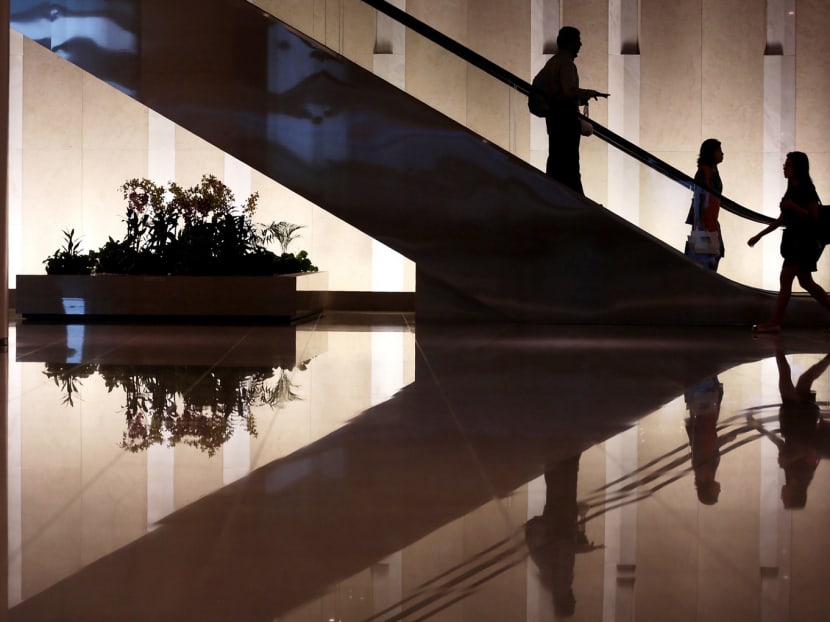One in two employers do not intend to hire deaf people: Survey
SINGAPORE — When he went for job interviews, Mr Alfred Yeo, who is deaf, would be asked how he would communicate with colleagues, or if he could read lips.
SINGAPORE — When he went for job interviews, Mr Alfred Yeo, who is deaf, would be asked how he would communicate with colleagues, or if he could read lips.
Many of these companies would not follow up after.
But two years ago, the 38-year-old landed a job as an accounts assistant, and his employer made it a point to email all his workers beforehand to share details on how to communicate with deaf people.
Mr Yeo’s experience is a rare one, going by a survey of 77 companies conducted by a group of final-year students from Nanyang Technological University (NTU).
Only one in 10 employers surveyed have positive attitudes towards hiring deaf people, and one in two admit they have no intention to do so.
Some of the reasons given include concerns that deaf persons would not be able to communicate with clients, bosses and colleagues. Some of them said they had not come across any deaf applicants — perhaps by design.
Born with a dead right ear, Mr Alan Soh would struggle over whether to make it known that he was hard of hearing when he applies for jobs.
Although he has had cochlear implant surgery done on his right ear, the 38-year-old remains apprehensive about writing his contact number on job applications, for fear he would not be able to clearly hear what recruiters say over the phone.
“I (was) worried — will it blow my chances of being granted a job interview?” he said.
Even as they see attitudes gradually changing, deaf persons and associations that work with this group did not find the survey results surprising, noting that securing a job remains a significant challenge.
Touch Silent Club senior manager Danny Loke said: “The fear of discrimination is still very real among the deaf community as they often struggle to decide if they should indicate their hearing loss in their resumes.”
Singapore Association for the Deaf (Sadeaf) executive director Sylvia Teng said the challenges facing the deaf and hard-of-hearing community can only be overcome with a “certain (level of) understanding from employers, to be willing to make minor adjustments to job requirements to engage the deaf employee in alternative ways”.
To engage with employers, Sadeaf launched its job support service in January, and also found that many companies were receptive to hiring and offering equal job opportunities to deaf or hard-of-hearing persons.
Mr Soh said that without being given opportunities, people like him would not be able to show what they are capable of.
“Many of them could be raw diamonds, having the innate potential to go far in life,” he added.
The survey was conducted by a group of communication studies students from NTU’s Wee Kim Wee School of Communication and Information. Called “Breaking the Sound Barrier”, the group aims to encourage employers to adopt more positive attitudes towards the hiring of deaf persons.
The group had written to over 200 companies to take part in the survey. Most of the 77 organisations that responded were small and medium enterprises.










